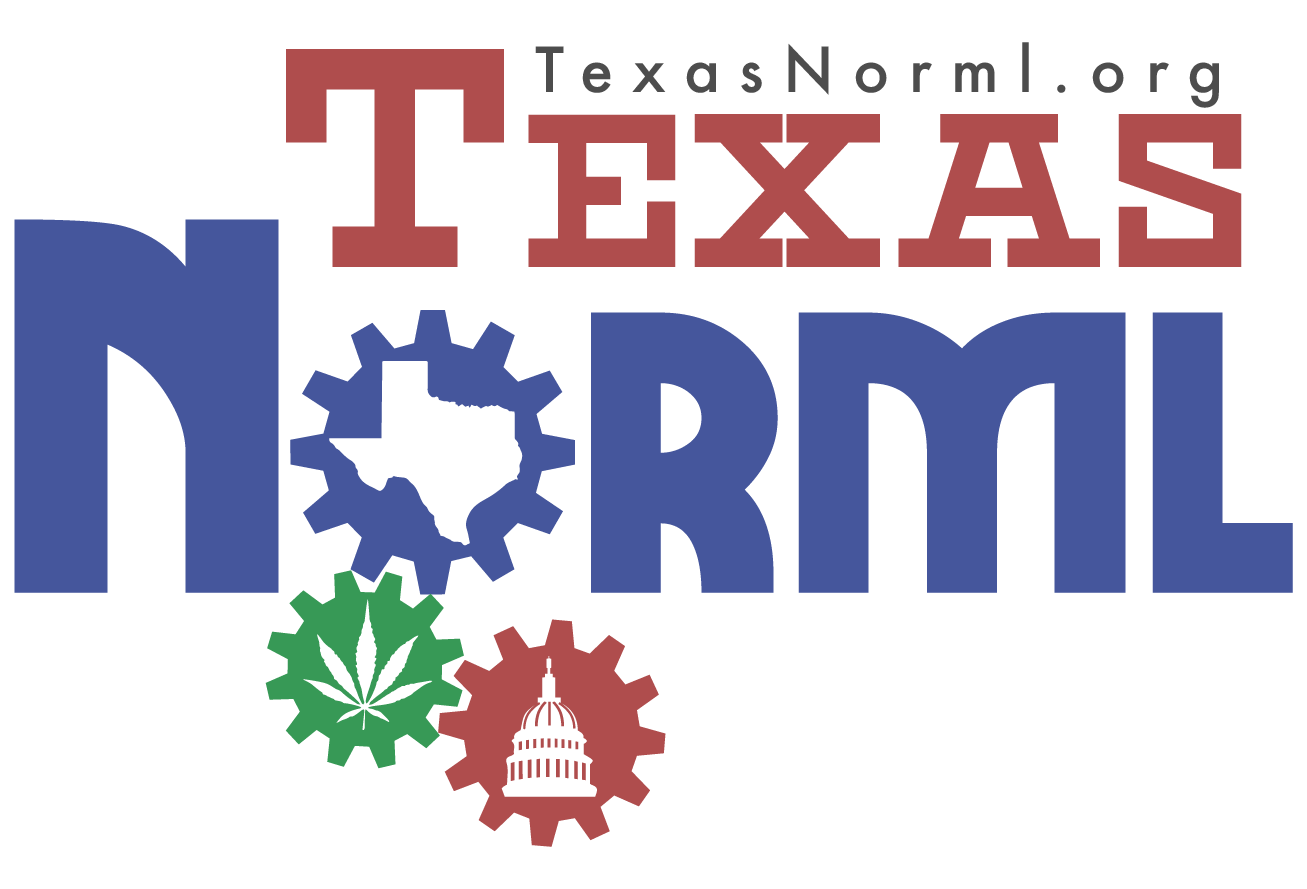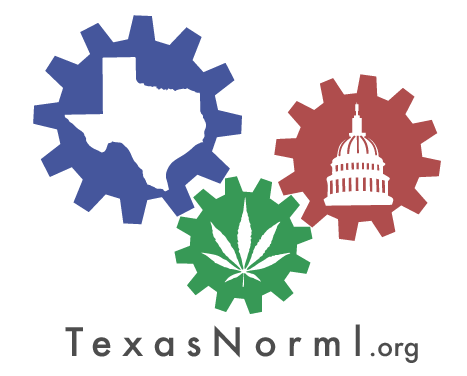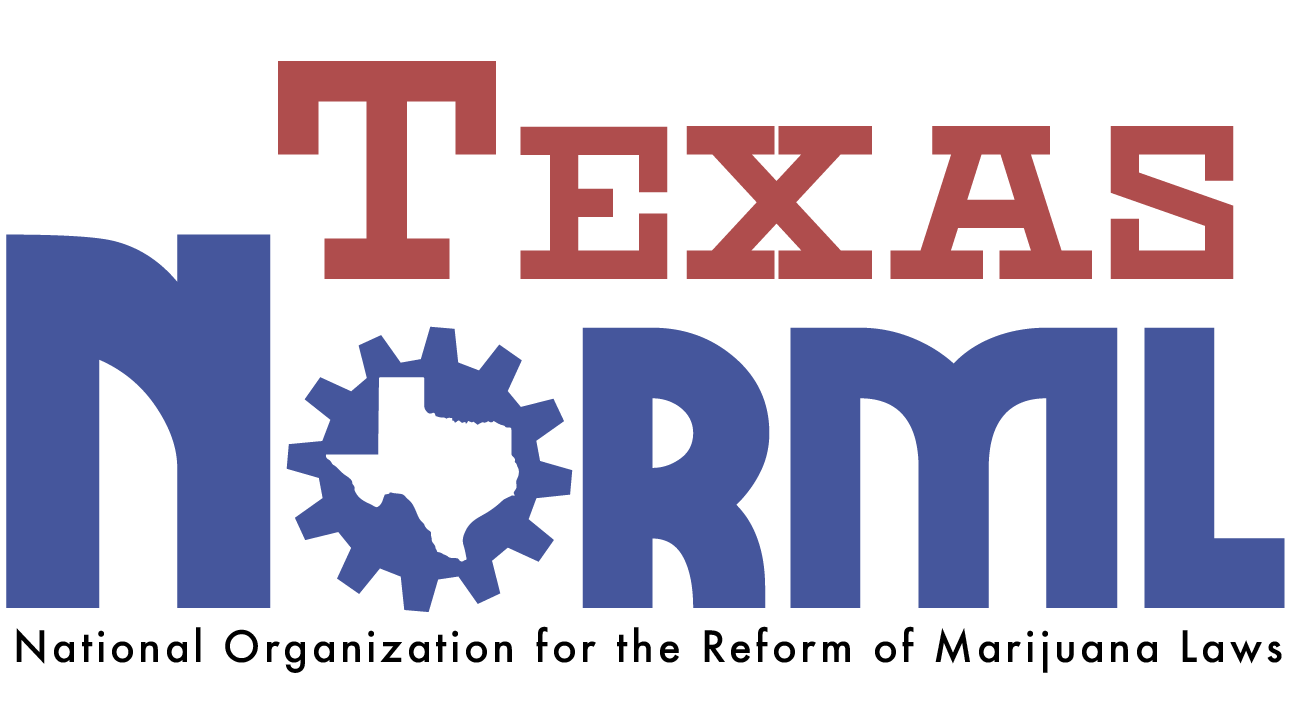For the first time ever, recreational use and possession of marijuana has been legalized!
It may only be in two states, but this is a game changer for public policy regarding marijuana.
Residents (and visitors) to both Colorado and Washington will no longer face arrest or prosecution for being in possession of marijuana, and in Colorado even growing up to six plants for recreational use is now legal. Both states passed their respective legalization ballot initiatives by a solid ten point margin (Colorado’s Amendment 64 and Washington’s I-502), and both will now allow adults, 21 and older, to possess up to an ounce of marijuana.
Both states will license commercial growers and producers to sell marijuana to adults for recreational use, including infused products, and neither will alter the existing medical marijuana laws. To say this is election was historic would be a massive understatement.
Although the victories weren’t a big surprise (both initiatives held consistent leads in polling), the reality of it has yet to fully sink in. Meanwhile, the positive effects from these newly passed initiatives have already begun. Just three days after the election, Dan Satterberg, prosecutor in King County, Washington (that state’s largest county including Seattle), announced the dismissal of all misdemeanor marijuana possession cases. Multiple other counties in Washington followed suit, as did prosecutors in Boulder and Denver, Colorado, sending a strong message that they’re ready to embrace this new public policy.
History In The Making
News of the initiatives reverberated across the globe as well, quickly getting the attention of Latin American leaders including those from Mexico, Belize, Honduras and Costa Rica. A week after the election, a joint statement was given by the Presidents of those countries calling for the United Nations’ General Assembly to hold a special session on drug prohibition by no later than 2015. UN drug treaties currently oblige all signatories to prohibit drug legalization, including marijuana, so hearing the call for a special session on that subject is refreshing. At the same time, Uruguay is on the verge of legalizing marijuana for it’s citizens, and in September Guatemala’s president, Otto Pérez Molina, proposed legalizing drugs at the U.N. General Assembly. Significant changes to drug policy in the United States, the world’s biggest consumer of drugs, as well as a leader in the drug war, would undoubtedly push other countries to follow, increasing the real potential to bring about a change at the international level.
Back in the states, even as activists celebrate, they are taking notes and preparing to push forward with many more attempts across the country. Colorado and Washington weren’t the only states with marijuana legalization initiatives on their ballots this year. Oregon had one on their ballot which lost on election day, but there were three other states who tried and fell short of the signatures needed; California, Missouri, and Michigan. For the most part, the four who missed their chance this year will be trying again within the next five years, and in states like Oregon or California it’s highly likely that legalization will happen sooner rather than later. Preparations are already being made for new legalization initiatives in many states including, California, Oregon, Nevada, Massachusetts, and Montana, all of which would have at least a decent chance of winning if they could succeed in making the ballot. All of these developments are happening in the wake of continued federal crackdowns on medical marijuana businesses in several states, setting up a renewed showdown between state and federal law in Colorado and Washington.
Regardless of the federal response, in all of these places local and state authorities are moving forward with the new laws. The week following the election, Washington’s new Governor-elect, Jay Inslee, held a press conference during which he said it would be in the best interest “not only of our state, but in our country” for President Obama and the federal government to allow the new law to move forward. And, on December 6th, Washington’s I-502 officially went into effect, with “Legalization Day” events all over the state starting the minute the clocks struck midnight. It was a blessed sight for activists to see adults in our country legally lighting up and consuming cannabis without fear of arrest or prosecution!
Not to be outdone, Colorado Governor, John Hickenlooper, on December 10th, signed an executive order formalizing Amendment 64 as part of their state Constitution, making legalization official nearly a month before the January 5th date it was originally scheduled to take effect. Governor Hickenlooper told reporters he saw no reason to wait, and didn’t see any point in allowing the Amendment to take effect without his proclamation, saying,
“If the voters go out and pass something and they put it in the state constitution, by a significant margin, far be it from myself or any governor to overrule. I mean, this is why it’s a democracy, right?”
Interestingly, the federal government was mostly silent on the ballot initiatives not only prior to the election, but also after they passed. That is, until President Obama himself told ABC News’ Barbara Walters:
“It would not make sense for us to see a top priority as going after recreational users in states that have determined that it’s legal. … We’ve got bigger fish to fry.”
He went on to say that he does not “at this point” support widespread marijuana legalization (which appears to be a change from previous statements he has made on the subject), and that it “is a tough problem, because Congress has not yet changed the law.”
US Attorney General, Eric Holder, had previously told Bloomberg News that the administration would formally announce its intentions “relatively soon,” but he gave no details or indications as to what they might be. Of course, the federal government already does not use it’s resources to go after individual users for minor possession, which leaves open the very real possibility that they will be going after the growers and sellers. But, in both Colorado and Washington, growers and retailers will be licensed and strictly regulated directly by the state governments, just as the medical marijuana dispensary system in Colorado is done. This is the reason, many people believe, that Colorado dispensaries have largely been spared the widespread federal crackdown that has plagued those businesses in California. Still, it will take up to a year for Colorado and Washington to work out their business models, and get retailers up and running.
As these two states begin the process of mapping out a legal marketplace for recreational marijuana, activists around the globe and here in Texas are just giddy at the idea that we have now seen the first two legalization dominoes fall, and will be eagerly awaiting as the remaining dominoes drop.
Let the dominoes fall, and let’s get marijuana legalized for adults everywhere!
This article was written for the Winter 2012 Edition of The Austin 420


